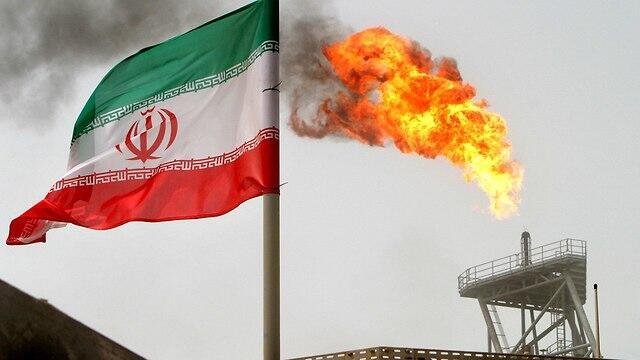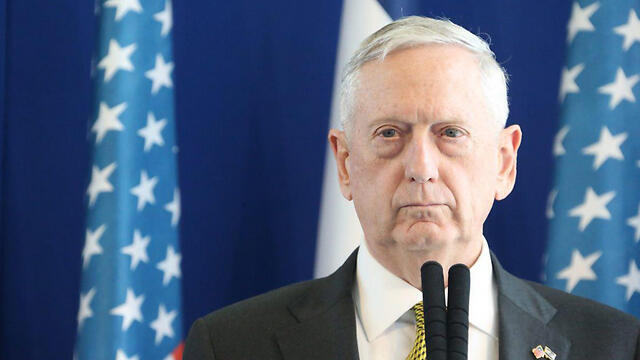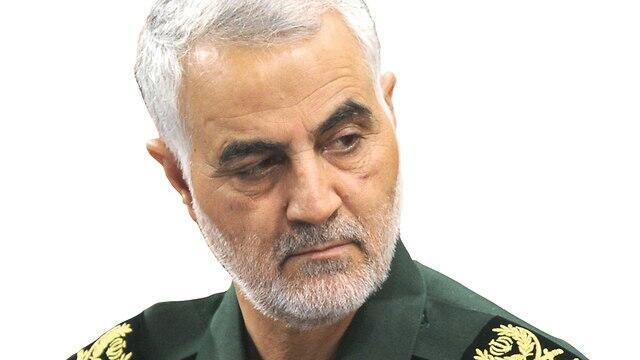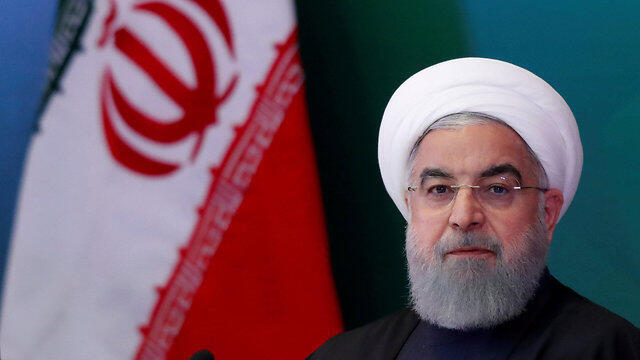Getting your Trinity Audio player ready...
As tensions between the US and Iran soar following US President Donald Trump's withdrawal from the nuclear agreement, the US administration is looking at military options in order to keep vital waterways in the Middle East open, reports CNN Pentagon Correspondent Barbara Starr.
Concerns have been growing for days in the wake of attacks on Saudi oil tankers by Iranian-backed Houthi rebels, and increasing verbal threats made by Iranian officials against shipping in the Persian Gulf.
Iran threatened to block all of its competitor's oil exports in the Gulf if the US sanctions are imposed. Iran also made specific threats regarding shipping through the choke point at the Strait of Hormuz, which is a very important oil transport route.
Gen. Joseph Votel, head of US Central Command, and commander of US military operations in the Middle East, visited the region this week, and met with his counterparts to discuss US security concerns.
CNN's report also says that apart from stepping up their rhetoric, Iran's Wednesday attack on two Saudi oil tankers, each of which could carry up to two million oil barrels, is a cause for greater concern. One tanker sustained minor damage, and no oil spilled.
US officials stress that if any military action will take place, it would be carried out by US allies in the region, such as the Saudis, and not by US forces.
The US military already provides support in the form of intelligence sharing to the Saudis in their fight against the Iranian-backed Houthi rebels in Yemen.
According to these officials, any long-term military effort would require the involvement of other nations.
US Defense Secretary James Mattis stressed that the US intends to keep international oil shipping lanes open.
On Friday, Mattis said that "Iran has threatened to close the Strait of Hormuz," and that Tehran has tried to stop shipments in the past only to be met by an international military response.
Mattis emphasized that the Pentagon would continue to cooperate with Saudi Arabia, Bahrain, Kuwait and the UAE in order to minimize Iranian impact in the region.
Earlier this month, Iranian Revolutionary Guards commander, General Qasem Soleimani said that if the US imposes their boycott on Iranian oil, the Revolutionary Guards are prepared to implement a policy that would completely prevent any oil shipment from the region.
Soleimani praised President of Iran, Hassan Rouhani, on Sunday, for threatening to disrupt oil traffic from Iran's neighbors in the Persian Gulf, if Washington continues to persuade its allies to boycott Iran's oil.
Soleimani also claimed he was prepared to ban oil shipment if necessary.





